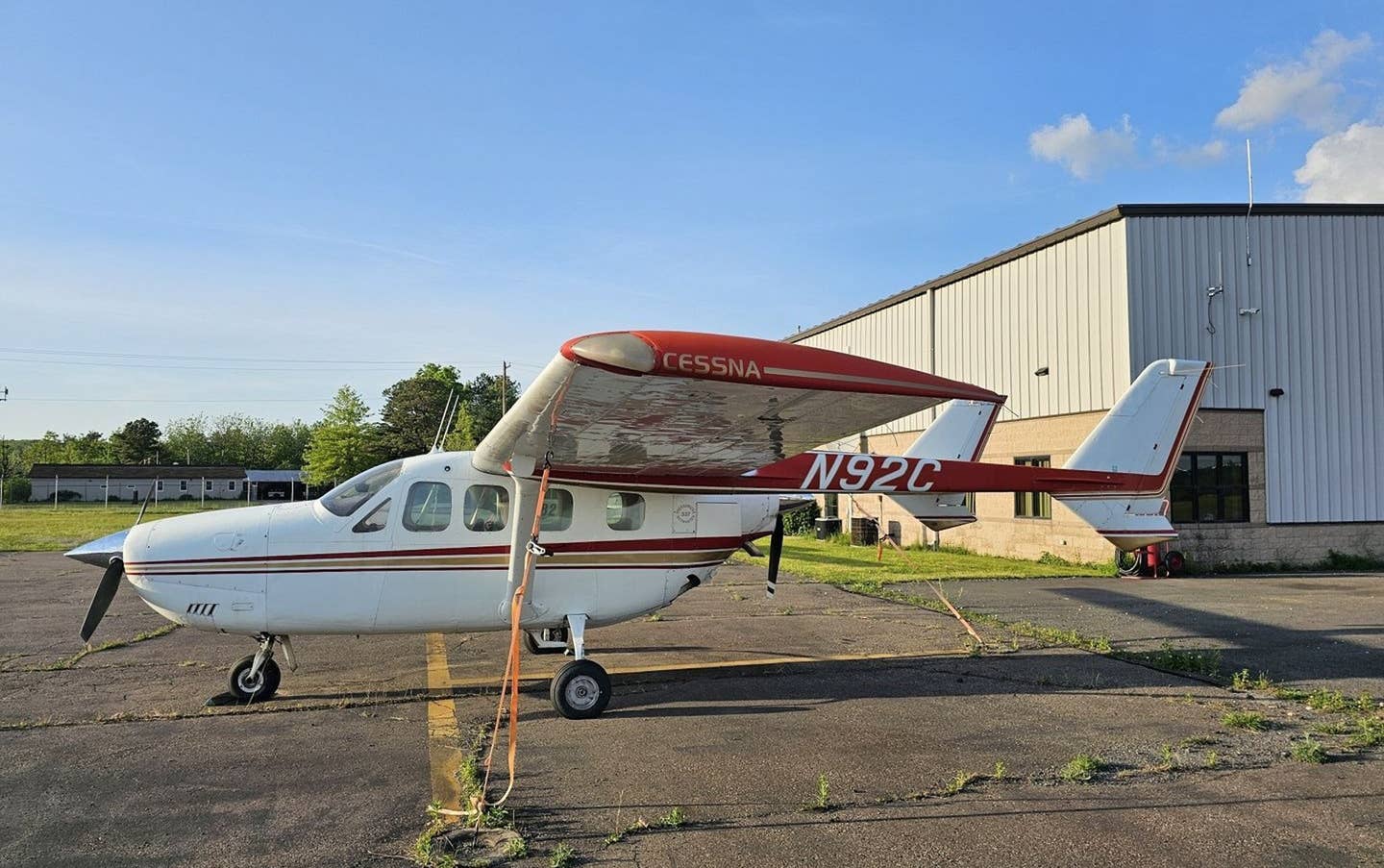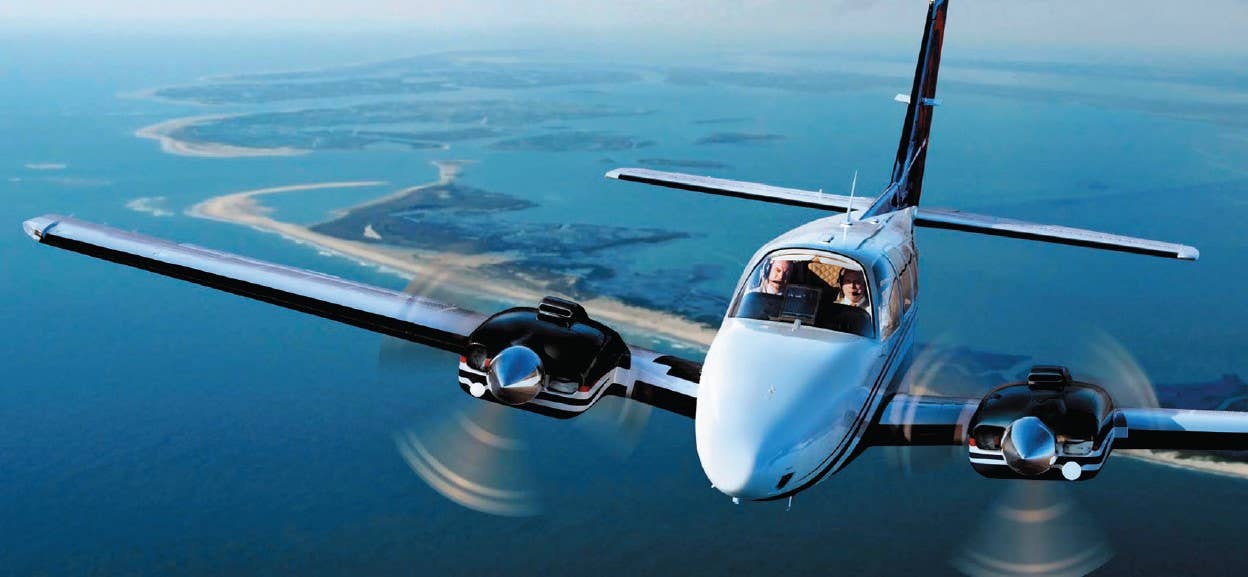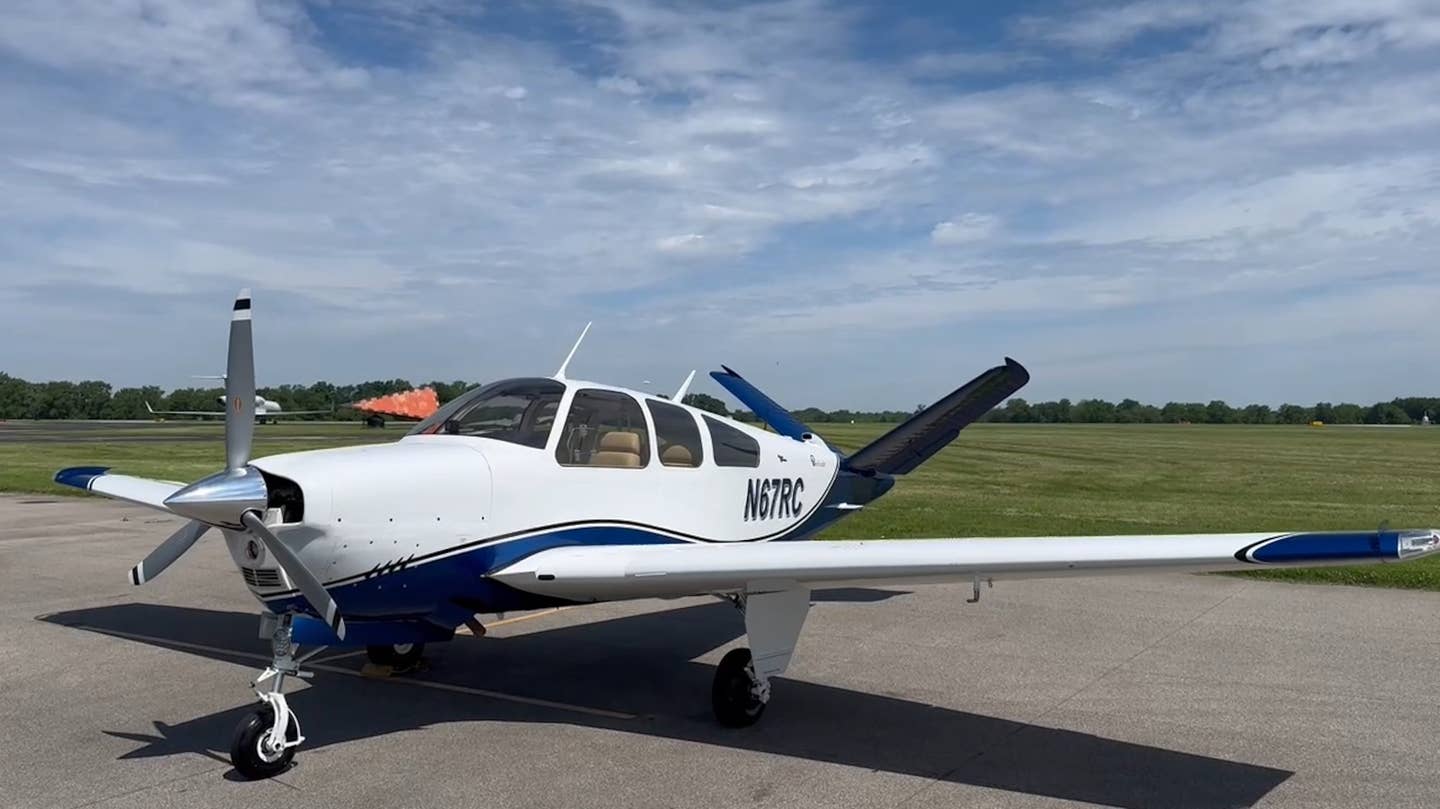
Taxi tests of the Sun Flyer 2 have been conducted at the company’s facility in Englewood, Colorado. Bye Aerospace
Bye Aerospace has taken the final step toward first flight of the all-electric Sun Flyer 2. The company announced that a test pilot for the two-seat low-wing airplane has conducted several successful taxi tests and will take the airplane to the skies soon.
Bye Aerspace’s CEO George Bye said the test pilot reported good taxi characteristics with no surprises up to rotation speed of 55 knots. The company’s chief engineer, Tom Bowen, said the tests have included high-speed taxi, nose wheel lift off and directional control evaluations.
“We’re all looking forward to progressing to the next test phases,” Bye said. A date for the first flight has not yet been set, but “if all goes well, it will be soon,” he said.
The Sun Flyer 2 is expected to fly as fast as 120 knots for up to 3.5 hours powered by an 80 kW electric motor. The final selection for the motor has not yet been finalized. However, Bye Aerospace announced today that it has selected Electric Power Systems (EPS) as the battery pack development partner.
EPS is a critical partner as the power storage is one of the greatest challenges facing all-electric aircraft such as the Sun Flyer 2. EPS will design and build the complete energy storage system, including the battery modules, battery management unit and power distribution unit.
“Our Energy Storage System leverages technology developed for NASA’s X57 platform, that enables our Battery Module to meet stringent FAA safety requirements around containment of cells in thermal runaway at a very light weight,” said EPS’ CEO Nathan Millecam.

Subscribe to Our Newsletter
Get the latest FLYING stories delivered directly to your inbox






